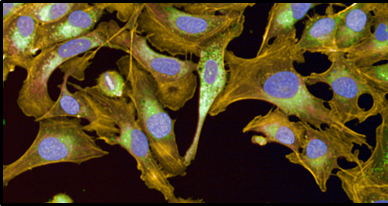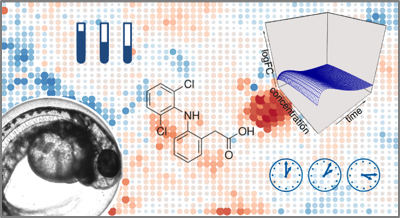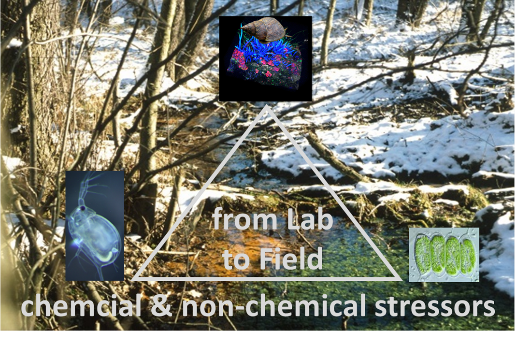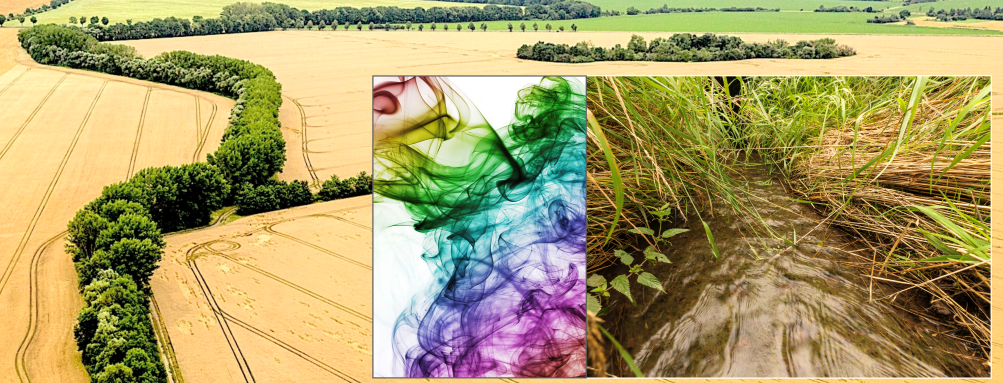Working Groups
Hightroughput Ecotoxicology - HITEC

Lead: Dr. Jo Nyffeler
Tel. +49 341 6025 - 1264
Tel. +49 341 6025 - 1264
- High-throughput phenotypic profiling ('Cell Painting') with human and non-human cell lines
- High content imaging assays
- New Approach Methods (in vitro and in silico) for currently underrepresented taxa (e.g., amphibians, reptiles)
Integrative Toxicology - iTox

Lead: Prof. Dr. Wibke Busch
Tel. +49 341 6025 - 1581
Tel. +49 341 6025 - 1581
- Modes of action and mixture risks of environmental pollutants
- Data-driven toxicology and effect modelling
- Time- and concentrations-resolved toxicogenomics in zebrafish embryos
Multiple Stressor Ecology – mStress

Lead: Dr. Mechthild Schmitt-Jansen
Tel. +49 341 6025 - 1523
Tel. +49 341 6025 - 1523
- Understanding interactions of chemical and non-chemical stressors including particles
- Integrating effect-based and field-based assessments of chemical exposure
- Community ecotoxicology
- Biofilm ecotoxicology and ecology
Mechanistic Toxicology - mTox

Lead: Prof. Dr. Tamara Tal
Tel. +49 341 6025 - 1524
Tel. +49 341 6025 - 1524
- Building zebrafish-based new approach methods to predict the developmental neurotoxicity (DNT), adult neurotoxicity (ANT), or neuro-immunomodulatory effects of environmental chemicals
- Generation of computational tools for the analysis and visualization of automated behavior and high-content imaging data
- Application of unbiased sequencing, gene editing, and pharmacological administration to explore causal mechanisms by which environmental chemicals alter neurobehavior
- Understanding chemical-microbiome interactions in the context of the microbiome-gut-brain axis
System-Ecotoxicology - sysTox

Lead: Prof. Dr. Matthias Liess
Tel. +49 341 6025 - 1578
Tel. +49 341 6025 - 1578
- Analyse the combined effects of toxicants and environmental parameters in ecosystems to develop a mechanistic understanding of ecological processes
- Quantitatively predict the combined effects of toxicants and environmental stressors
- Monitor and disentangle the impacts of pesticides and other stressors at the ecosystem level
- Enhance, streamline and validate the regulatory risk assessment of pesticides
- Develop and promote One Health-focused management strategies
